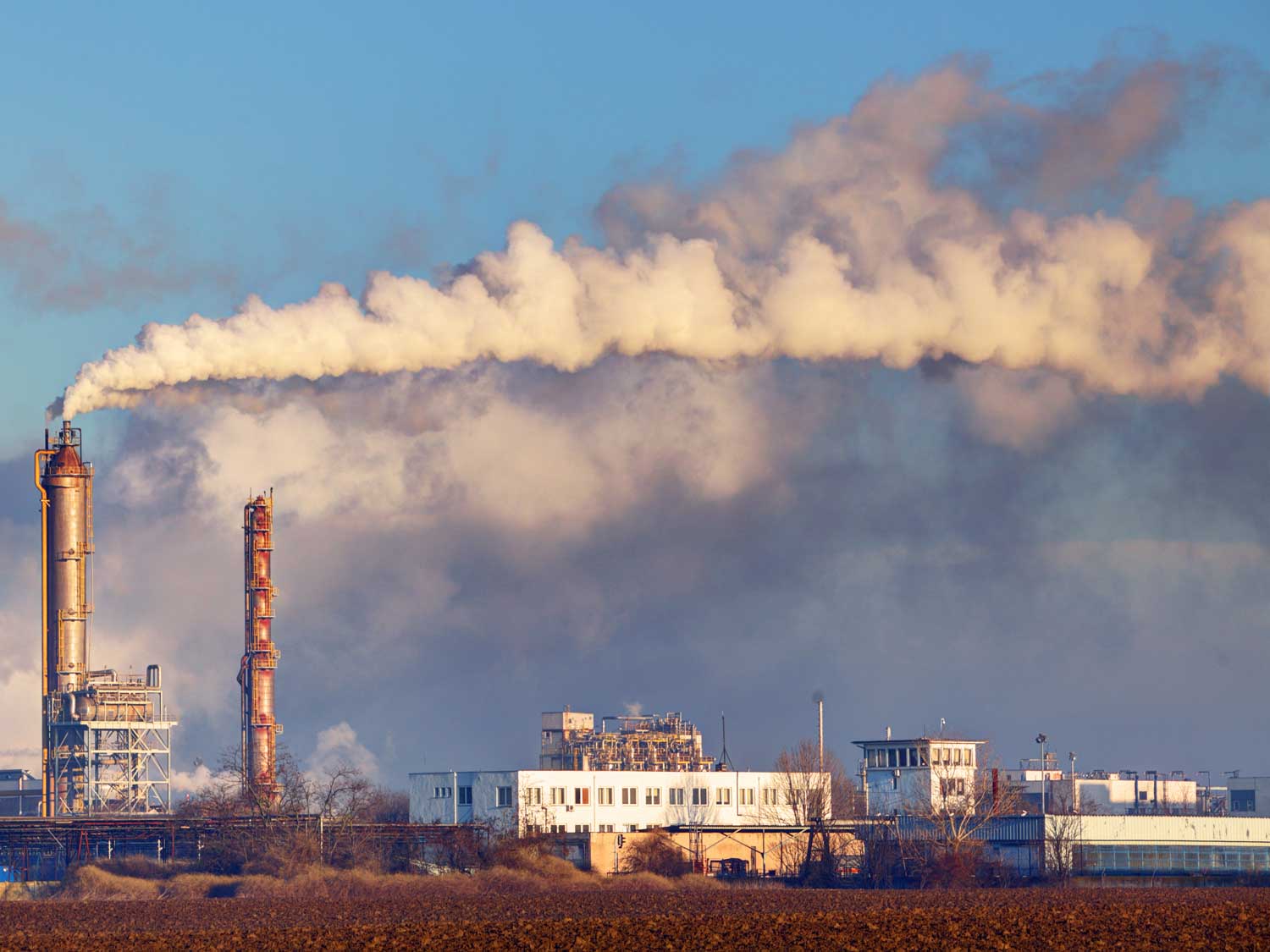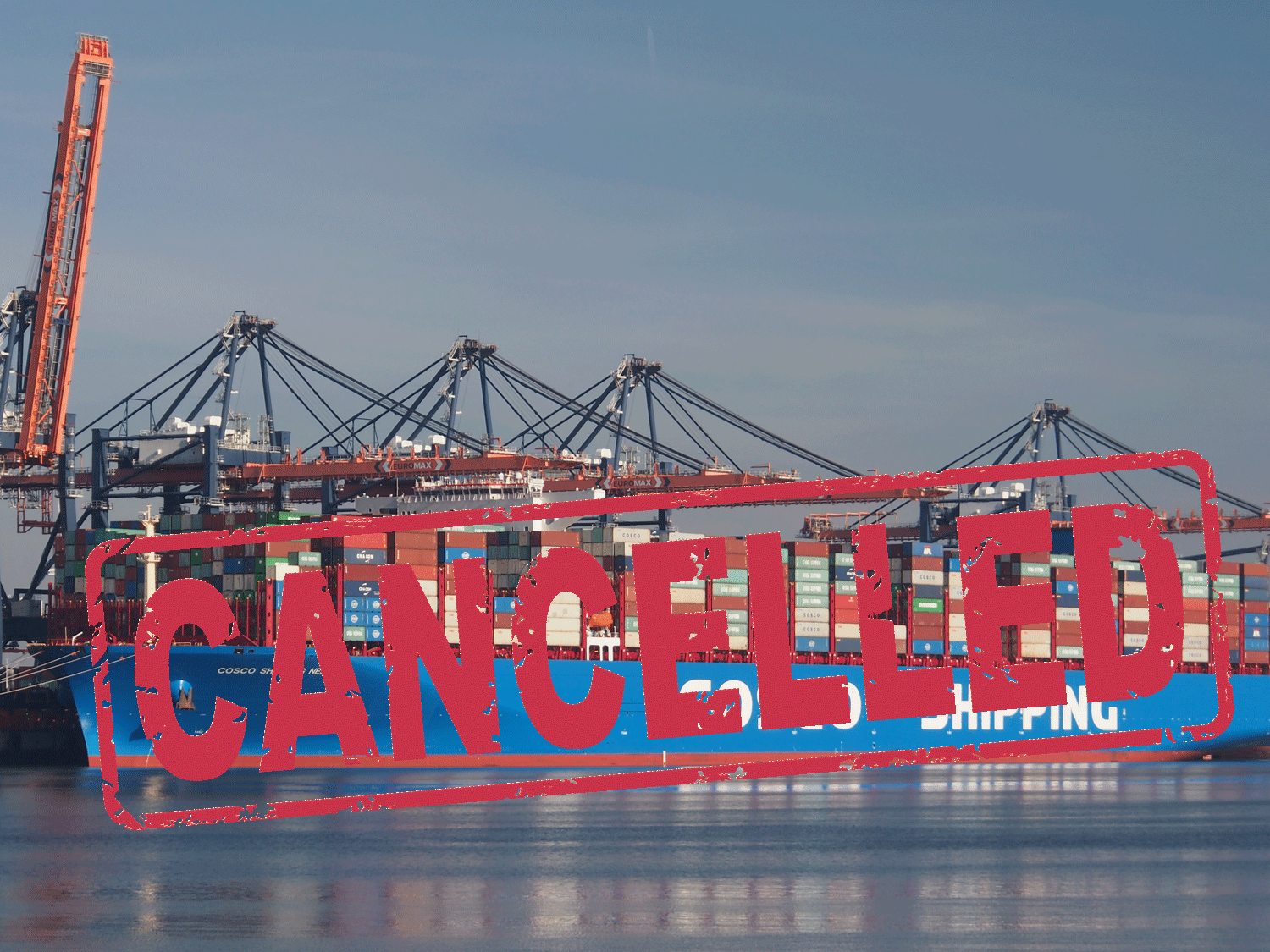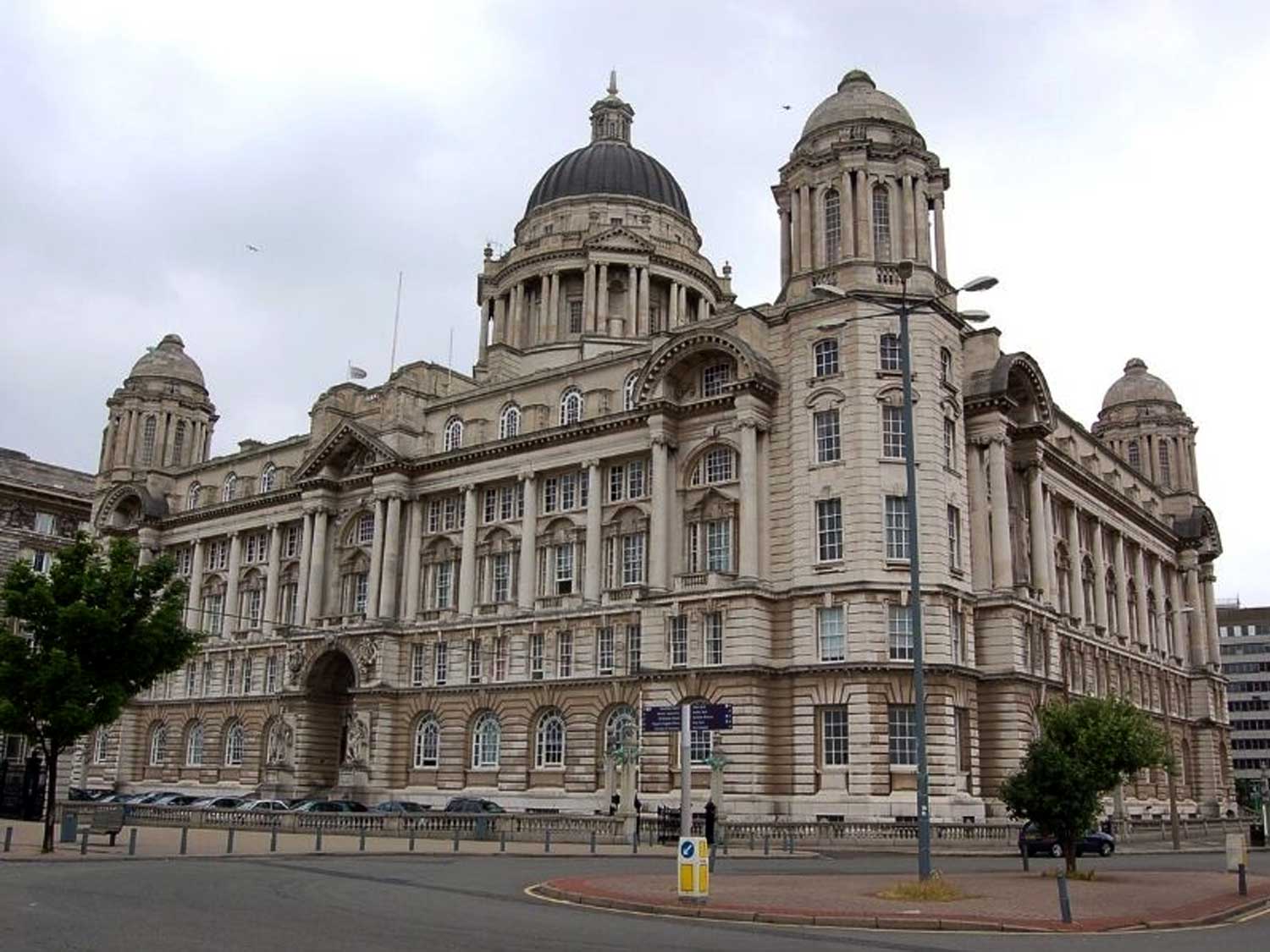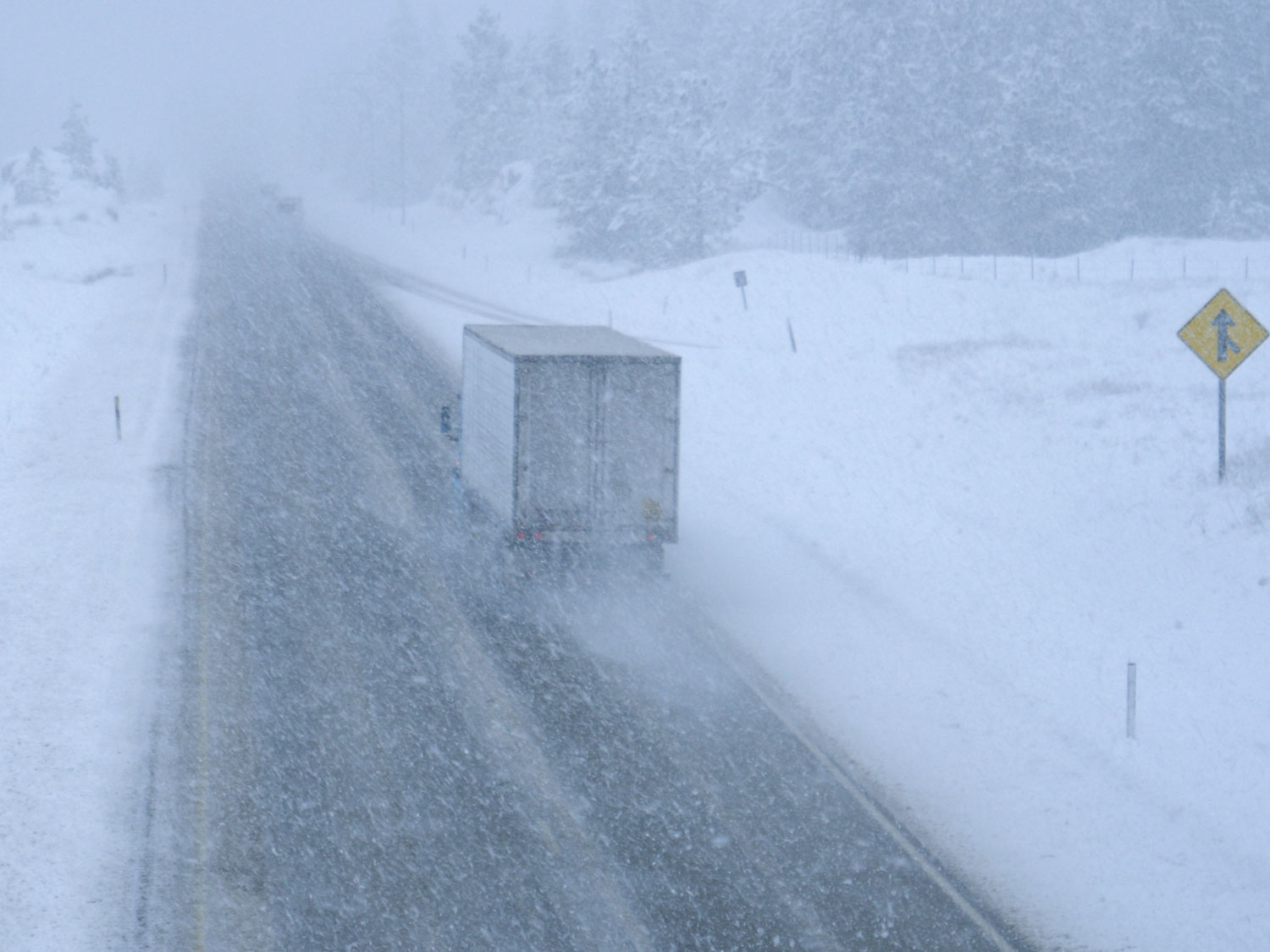The West says China makes too much, but many manufacturers have moved production to other countries to cut costs, leaving once prosperous manufacturing hubs like Dongguan struggling to adjust.
In recent years workers began to demand higher wages, while companies began cutting prices in order to win contracts, squeezing profits further and when Donald Trump began slapping tariffs on Chinese products companies searching for cheaper running costs and protection from the US-China trade wars – began to look elsewhere.
The “Made in China” slogan that was once ubiquitous on t-shirts, tables and TVs is now at the heart of the electric cars that are pouring into Europe, and the solar panels that are powering our renewable policies. And that is worrying Western politicians.
Rising trade tensions with the United States, strict Covid lockdowns and a global downturn mean that manufacturers who once flocked to Chinese shores are looking elsewhere, with foreign investment in the country at a 30-year low.
The old industrial pillars of furniture, clothing and electrical goods are struggling and have been replaced by high-tech products like solar panels, lithium batteries and electric cars, which are being exported in massive quantities to Europe, Africa, Australia, South America, North America and South East Asia.
But China’s new industries are far less labour-intensive than the ones that once fuelled its spectacular growth – and they require specialised, high-skilled workers and, increasingly, robots.
The US, UK and European Union believe this is how China is trying to save its economy – producing cut-price and state-subsidised green technology that is being ‘dumped’ abroad. They say it’s a tactic that is driving down the cost of solar panels and other emerging technology and driving Western firms out of business.
It is clear that there is a shift away of some lower-cost production from China to alternative sources, including Vietnam and India, with some companies also looking at near-shore options like Turkey, as a way of managing risk and enhancing supply chain resilience.
There is no doubt that production moving away from China has benefited many countries around Asia, including Bangladesh, Thailand and Cambodia, while other EMEA countries including Turkey, Egypt and Morocco provide opportunities to shorten lead times and carrier costs.
For over 40 years Metro has managed supply chains and helped customers extend and diversify sourcing across Asia and EMEA.
Metro’s integrated transport networks are designed to support JIT manufacturing requirements across Asia, the EU, sub-Saharan Africa and Turkey and are ideally positioned to support the new sourcing requirements that de-risk supply chain operations.
We see diversification and near-shoring as a simple extension of a client’s sourcing strategy, so that if there is disruption in one area, inherent flexibility means the supply chain will continue to flow.
Our global partner network, strategic carrier alliances and MVT supply chain platforms are all geared towards supporting the widest spectrum of supply chains.
If you would like to learn how we can boost your ability to source from alternative global manufacturing regions, EMAIL our Chief Commercial Officer, Andrew Smith, to arrange a consultation and scoping discussion.





